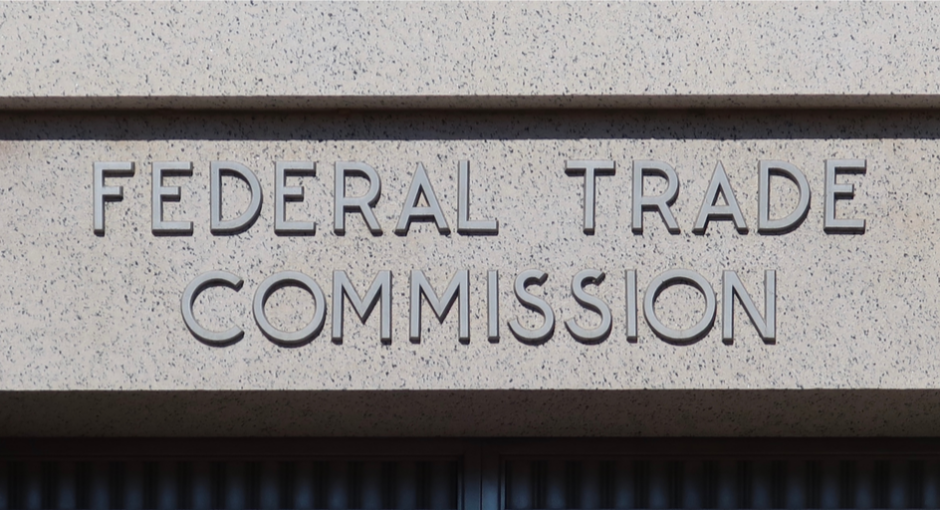Growth in 340B covered entities’ use of contract pharmacies to dispense 340B drugs, coupled with growth in pharmacy benefit managers’ control over these pharmacies, has given PBMs an outsized, profit-driven role in the 340B program that does not benefit patients, drug makers and independent oncology practices recently argued to the Federal Trade Commission.
Pharmaceutical Research and Manufacturers of America (PhRMA) and Community Oncology Alliance (COA) submitted comments to the FTC in response to the commission’s late February call for public input on PBMs’ business practices and their effect on drug affordability and access. Groups that represent 340B covered entities submitted comments too. FTC launched a formal investigation into PBM practices on June 7.
“PBM‐affiliated contract pharmacies are exploiting the 340B program to earn outsized profits without any clear benefit to patients, despite the program’s original focus to serve safety‐net entities,” PhRMA told the FTC in its comments.
340B program guidance letting covered entities contract with multiple contract pharmacies let PBM-affiliated pharmacies use their market power to drive 340B program growth and capture profits from 340B-related sales, PhRMA added.
“The concentrated power inherent in these vertically integrated companies with a PBM, health plan, and contract pharmacy under common ownership creates financial incentives for PBM‐affiliated pharmacies to be aggressive about contracting with a broad set of covered entities, providing them the opportunity to steer greater utilization to their own specialty and contract pharmacies,” PhRMA said.
“The significantly higher margins on 340B medicines have incentivized greater vertical consolidation and rapid expansion of contract pharmacy relationships,” PhRMA said. “Overall, 40 percent of all contract pharmacy relationships are between a 340B covered entity and a pharmacy associated with” one of the three largest PBMs—CVS Caremark, Express Scripts, and OptumRx.
COA, which represents for-profit oncology practices and whose corporate members include many of the world’s largest drug manufacturers, also blasted PBMs’ role in the 340B contract pharmacy program in its comment to the FTC.
“The largest PBMs are among the most active 340B contract pharmacy participants when measured by the number of contract pharmacy agreements,” COA said. “The reason for the growth of PBM contract pharmacy participation in 340B is simple: huge profits on expensive specialty drugs.”
“These excess profits from 340B prescriptions are further used to pervert the health care system, directly enriching large dominant PBMs, allowing them to gain competitive edges in other contract negotiations, and fundamentally perverting the drug payment system,” COA said.
Alliance for Integrity and Reform 340B, an advocacy group that PhRMA and COA belong to and helped form, also criticized the “proliferation of vertically integrated pharmacies in 340B, generating profits for corporations and leaving vulnerable patients behind.”
“It is critical that safety-net programs like 340B are serving patients, not for-profit pharmacies and PBMs,” AIR 340B said.


